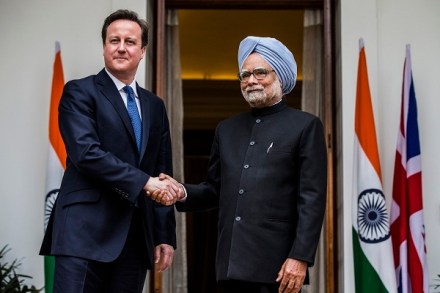Craig Raine: Fiction is franker
Issue 39 of Areté starts with the words “MEMOIR ISSUE” on the front cover. It is dedicated to writing which remembers its author. Hence we get essays on Proust; Art Spiegelman’s MAUS; Nabokov’s Speak, Memory; The Diving Bell and the Butterfly; Salman Rushdie’s 2012 memoir Joseph Anton; and a terrific account of the monomania of bored US soldiers in Iraq, by an ex-US airborne ranger, among others. Craig Raine – Areté’s founder and editor – disguises his editorial line artfully. On p42 Candia McWilliam asks the question: ‘What have biography and fiction to give one another?’ Questions like this occur throughout Areté. They serve to frame Raine’s long, crux essay















